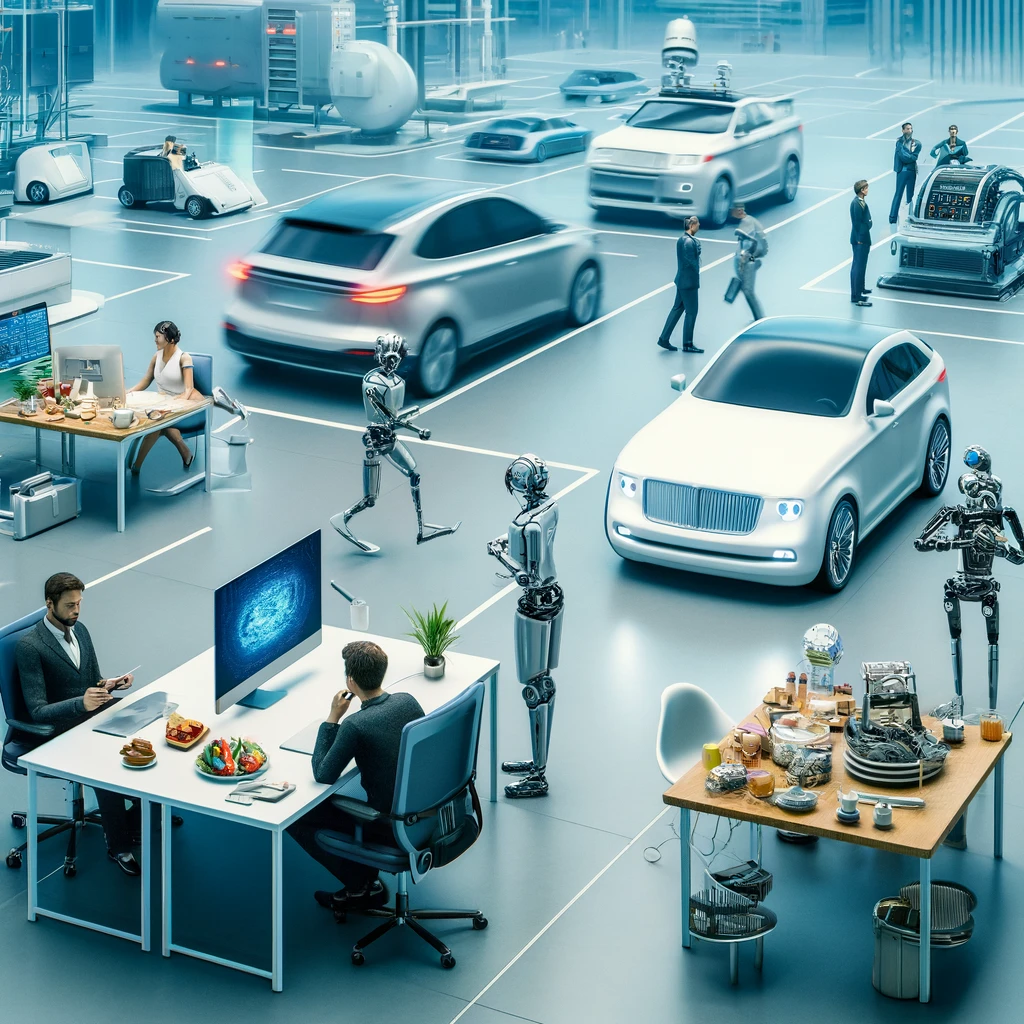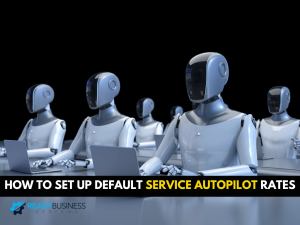Have you ever wondered if equipment replacing people at work is a good idea? It’s a buzzword these days. Some think it boosts efficiency and cuts costs. Others worry about job loss and the disappearance of the human touch.
In fact, the World Economic Forum says automation could replace 85 million jobs by 2025.
In this article, we will break down the pros and cons so you can see the full picture. Are machines really worth the hype? Let’s find out.
Pros of Equipment Replacing People at Work
Switching to machines can be a smart move for many reasons. Here are the key benefits:
1. Increased Efficiency
Machines don’t need breaks. They don’t get tired or sick. They can work 24/7 without slowing down. This means tasks get done faster. And faster work can lead to higher output.
2. Cost Savings
While the upfront cost of equipment can be high, it can save money in the long run. You won’t have to pay salaries, benefits, or overtime. Plus, machines don’t take vacations or sick days. Over time, these savings can add up.
3. Consistent Quality
Humans can make mistakes, especially when tired or stressed. Machines, on the other hand, perform tasks in the same way every time. This leads to consistent quality in products and services. Customers will appreciate reliability.
4. Handling Dangerous Tasks
Some jobs are risky for people. Equipment replacing people in these roles can reduce workplace injuries. For example, machines can handle heavy lifting, toxic chemicals, or high temperatures. This keeps employees safe and reduces injury-related costs.
5. Scalability
As your business grows, scaling with equipment can be easier than hiring more staff. Adding machines can meet increased demand without the complexities of training new employees. It’s a straightforward way to expand.
6. Data and Analytics
Modern machines often come with built-in data collection. They can track performance, identify issues, and suggest improvements. This data can help you optimize processes and make informed decisions.
7. Environmental Benefits
Some equipment is designed to be energy-efficient. Using machines can reduce waste and lower energy consumption. This can be a win-win for your budget and the environment.
8. Flexibility and Adaptability
Machines can be programmed for various tasks. If your needs change, you can often update the software rather than retraining employees. This flexibility can keep your operations smooth during transitions.
9. Enhanced Productivity
With machines handling repetitive tasks, employees can focus on more complex and creative work. This can lead to better job satisfaction and more innovation in your business. Almost 70% of employers say automation has made their workplaces more productive.

10. Competitive Edge
Adopting new technology can set you apart from competitors. Customers may see your business as modern and forward-thinking. This can attract new clients and retain existing ones.
Check out “7 Easy Tips for Building Your Business on Instagram.”
Cons of Equipment Replacing People at Work
While there are many benefits to using machines, there are also some downsides. Here are the main cons:
1. Job Losses
One of the biggest concerns is job loss. Equipment replacing people can lead to layoffs. This can hurt workers and their families. It can also create a negative image for your company.
2. High Initial Costs
Buying new equipment can be expensive. There’s not only the cost of the machines but also installation and training. These upfront costs can be a big barrier, especially for small businesses.
3. Maintenance and Repairs
Machines need regular maintenance to keep running smoothly. If they break down, repairs can be costly and time-consuming. This can lead to unexpected downtime and lost productivity.
4. Lack of Human Touch
Some jobs require a personal touch that machines can’t provide. For example, customer service often benefits from human empathy and understanding. Equipment replacing people in these roles can make interactions feel cold and impersonal.

5. Technological Dependence
Relying too much on technology can be risky. If there’s a system failure or cyberattack, your operations can be disrupted. This dependence can make your business vulnerable.
6. Limited Adaptability
Machines are great for repetitive tasks but can struggle with unexpected changes. Humans can think on their feet and adapt quickly. Equipment may need reprogramming or new software to handle changes, which can be time-consuming.
7. Employee Morale
Seeing machines replace coworkers can hurt employee morale. Workers might feel insecure about their jobs. This can lead to lower productivity and higher turnover rates.
8. Skill Gaps
As technology advances, there can be a gap between the skills workers have and the skills they need. This can lead to a lack of qualified workers and the need for ongoing training.
9. Ethical Concerns
There are ethical issues to consider when replacing people with machines. Is it fair to let machines take over jobs that people rely on? This can be a tough question for business owners and society as a whole.
10. Short-Term Disruption
Switching to machines can cause short-term disruption. There may be a learning curve for employees. Adjusting to new processes and workflows can take time and effort.
Final Thoughts
Now you know the pros and cons of equipment replacing people at work.
It can boost efficiency and cut costs, but it also risks job losses and high upfront costs. Balancing these factors is key. Every business needs to weigh the benefits against the drawbacks.
Technology or human input? Comment your thoughts below.



